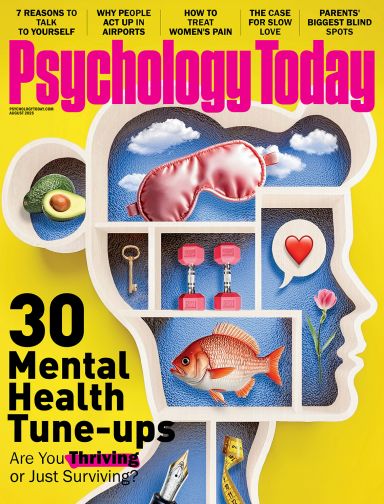Sensation-seeking, also called thrill-seeking or excitement-seeking, is the tendency to pursue new and different sensations, feelings, and experiences. The trait describes people who chase novel, complex, and intense sensations, who love experience for its own sake, and who may take risks to pursue those experiences.| Psychology Today
Hormones are a class of signaling molecules that exist in all multi-cell organisms and, in humans, include commonly-known examples like melatonin, testosterone, and cortisol. They influence the health and functioning of the body and brain in a wide variety of ways; on a psychological level, they affect mood, how we behave, who we’re attracted to (or not), and more.| Psychology Today
Human development is influenced by, but not entirely determined by, our parents and our genes. Children may have very different personalities, and different strengths and weaknesses, than the generation that preceded them. Caregivers should pay attention to their children's distinct traits and the pace of their development, and not assume that the approach to parenting that worked for their mothers and fathers will be equally successful in their own families.| Psychology Today

